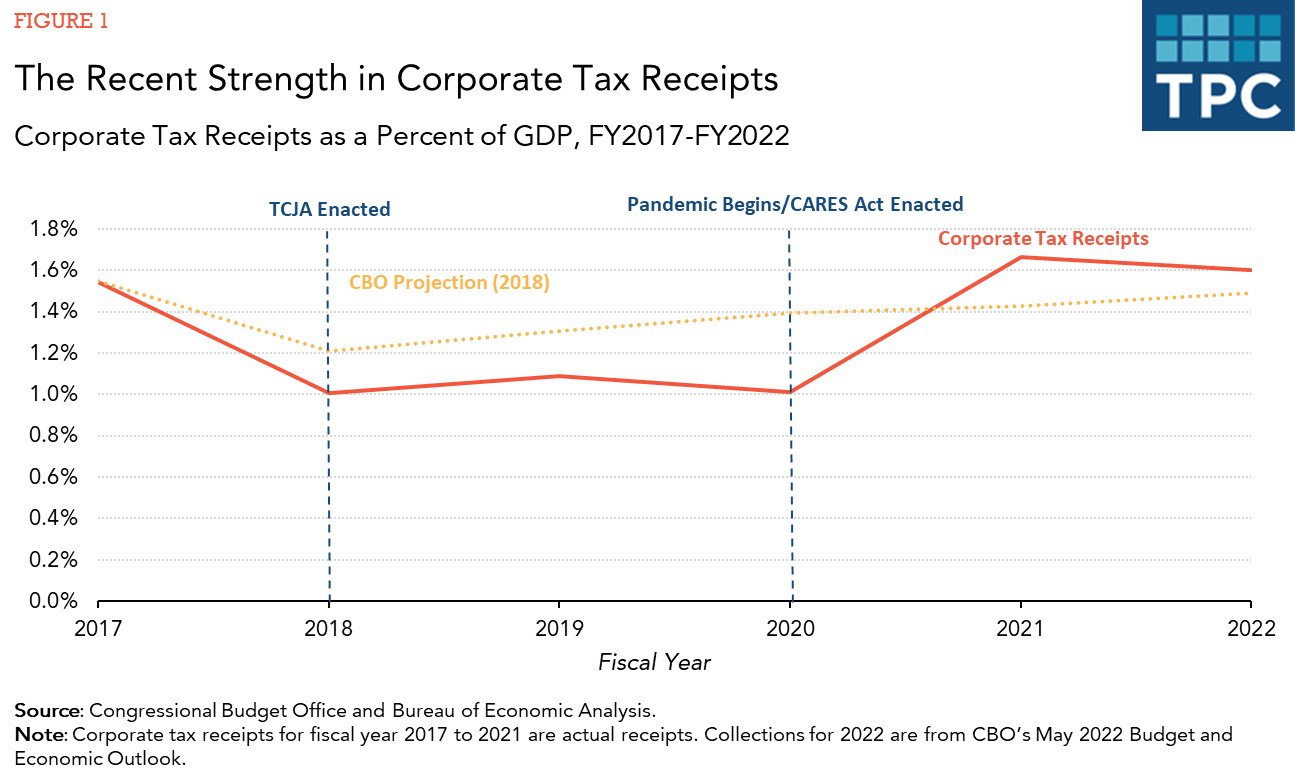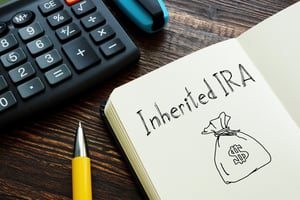Bankruptcy and Bank Accounts
Many people wonder how filing for bankruptcy will impact their bank accounts. In many cases, people have checking and savings accounts with banks, and also have debts owed to the bank such as credit cards, personal loans, car loans, and home mortgage loans.
If a person does not have any debts with the bank, they can continue to maintain and use their bank accounts, as the bank is not a creditor impacted by the bankruptcy. However, if the “debtor” (person filing for bankruptcy) owes debt directly to the bank, the bank will be considered a creditor in the bankruptcy case, and whether the bank decides to close the debtor’s bank account or allow them to continue using the bank’s services depends on the amount of debt owed to the bank and the type of debt owed to the bank.
If the debtor owes the bank a substantial amount of “unsecured debt” (i.e. credit cards and loans), which is debt that is not attached to collateral, such as cars or a home, there is a good chance the bank may close a person’s accounts and discontinue doing business with the debtor, after filing for bankruptcy. For this reason, in these circumstances, it is often a good idea to open a new bank account with a new bank to which the debtor does not owe debt prior to filing bankruptcy. If a bank does decide to close a person’s bank account after a bankruptcy case is filed they will have to send any existing funds in the debtor’s bank accounts to the debtor upon closing the accounts. If the amount of unsecured is a small amount it is much less likely that the bank will close the bank accounts.
In rare cases, if the amount of unsecured debt is very large, the bank may temporarily freeze the debtor’s bank account after a bankruptcy case is filed. Some banks will “off-set” delinquent debts owed to them by taking money directly from the account-holder’s checking or savings account. However, once a person files for bankruptcy, the bankruptcy automatic stay immediately takes effect, which prevents the bank from just taking money to satisfy the debt without court permission. In these circumstances, the bank can only freeze the funds in the debtor’s bank accounts and must file a motion asking the court to “lift” the automatic stay, so that they may take the money to satisfy the debt. A hearing on this motion will take place shortly afterwards, and the court will not allow the bank to take the funds if they are exempt, meaning legally protected from being taken to pay creditors. As stated, these instances are rare, and since, in most cases, the bank account funds will be exempt, the bank will usually not be able to actually take the money in the accounts to satisfy the debt.
Many times, debtors have “secured debts”, which are debts attached to collateral, such as cars and homes. If the debtor fails to pay these debts the bank may take back the car (repossession) or home (foreclosure) to sell the collateral to pay the debt. The debtor has the right to surrender the collateral and walk away from the debt (it is discharged in the bankruptcy) or keep the collateral and continue paying on the debt. If the debtor intends to keep the collateral and continue making payments, the bank will often insist that the debtor sign a “reaffirmation agreement.” A reaffirmation agreement an agreement wherein the debtor essentially renews their promise to continue paying the debt in exchange for being allowed to keep the vehicle. If the debtor enters into a reaffirmation agreement, which gets filed with the court in the bankruptcy case, the debtor becomes bound by the agreement, and will be allowed to keep the collateral so long as they continue to make all payments in accordance with the agreement. The debtor is liable for the entire amount of the debt, just as if they never filed for bankruptcy, and the bank can repossess/foreclose on the collateral if the debtor fails to make payments. For this reason, it is most often the case that the debtor is better suited not signing a reaffirmation agreement even if they wish to keep the collateral. In Minnesota, the bank cannot legally foreclose on a home simply because the debtor does not sign a reaffirmation agreement so long as the debtor continues making their monthly mortgage payments. As to other collateral, such as cars, this same protection does not apply so the bank could actually repossess a vehicle, even if the debtor is current on their payments, if the debtor does not sign a reaffirmation agreement. However, in the vast majority of cases, the bank will simply allow the debtor to keep the vehicle so long as the debtor remains current on their monthly payments. This is because it is often too expensive and not worth the risk of repossessing a car upon which regular monthly payments are being made. If a reaffirmation agreement is not signed, technically the debt is discharged, so if the bank does repossess the car and sells it for less than the debtor owes on the loan, the bank is out of luck since the bank cannot take any action to recoup the remaining debt. If a reaffirmation agreement is signed, the bank would then have a right to pursue the remaining debt owed on the vehicle after it is sold, for example, by bringing a lawsuit against the debtor to collect the difference between the proceeds of the sale and the amount of debt still owed (i.e. the deficiency balance). Therefore, it is usually not in the debtor’s best interest to sign a reaffirmation agreement absent special rare circumstances. It is highly advisable to discuss reaffirmation agreements and the impact that a bankruptcy has on car and home loans with an experienced bankruptcy attorney prior to filing a bankruptcy case, as whether a debtor is better off signing, or not signing, a reaffirmation agreement can sometimes be a bit complex. If the debtor only has secured debts owed to the bank, the bank will generally allow the debtor to keep their bank accounts open and will continue doing business with the debtor so long as they continue paying on the secured debt. However, if the debtor decides to surrender the collateral, and stops paying on the debt, there is a chance the bank could close the debtor’s accounts and stop doing business with them.
People are also concerned whether they will have to give up money in their bank accounts to pay debts when they file bankruptcy. In a chapter 7 bankruptcy case, the debtor must give any property that is not exempt to the trustee, or pay the trustee to keep it, so that the trustee may take the property to pay towards the debtor’s debts. In a chapter 13 case, the debtor does not have to give the trustee any property, and instead, makes monthly payments to the chapter 13 trustee in a 3 to 5 year repayment plan. The catch is that the debtor must pay, at minimum, the amount that the creditors would have received if the debtor had hypothetically filed a chapter 7 case. This is to ensure creditors get treated fairly regardless of which type of bankruptcy case is filed. In a large majority of cases, particularly in chapter 7 cases, there is little-to-know property that is not exempt. Typically, except in rare cases where the debtor has a very large amount of funds in their bank accounts (thousands of dollars), most, if not all, of the funds in their bank accounts will be exempt. The Bankruptcy Code and courts understand that debtors should still be able to afford to pay their basic living expenses, so unless they have large amounts of excess funds in their bank accounts, they will be able to keep the money in their accounts to meet their basic needs.
CALL NOW FOR A FREE STRATEGY SESSION FROM A MN BANKRUPTCY LAWYER AT LIFEBACK LAW FIRM
In summation, in the vast majority of cases debtors will be able to keep most, if not all, of the money in their bank accounts when filing for bankruptcy and will be able to keep their cars and homes so long as they continue to pay the secured debt attached to them. Even in those cases where a bank decides to close a debtor’s accounts due to a bankruptcy filing, there is hardly ever any issue with the debtor simply starting new accounts with another financial institution. When considering filing a bankruptcy case, one should always first consult with an experienced bankruptcy attorney to ensure they can protect as much of their property as possible. See us at LifeBackLaw.com!






